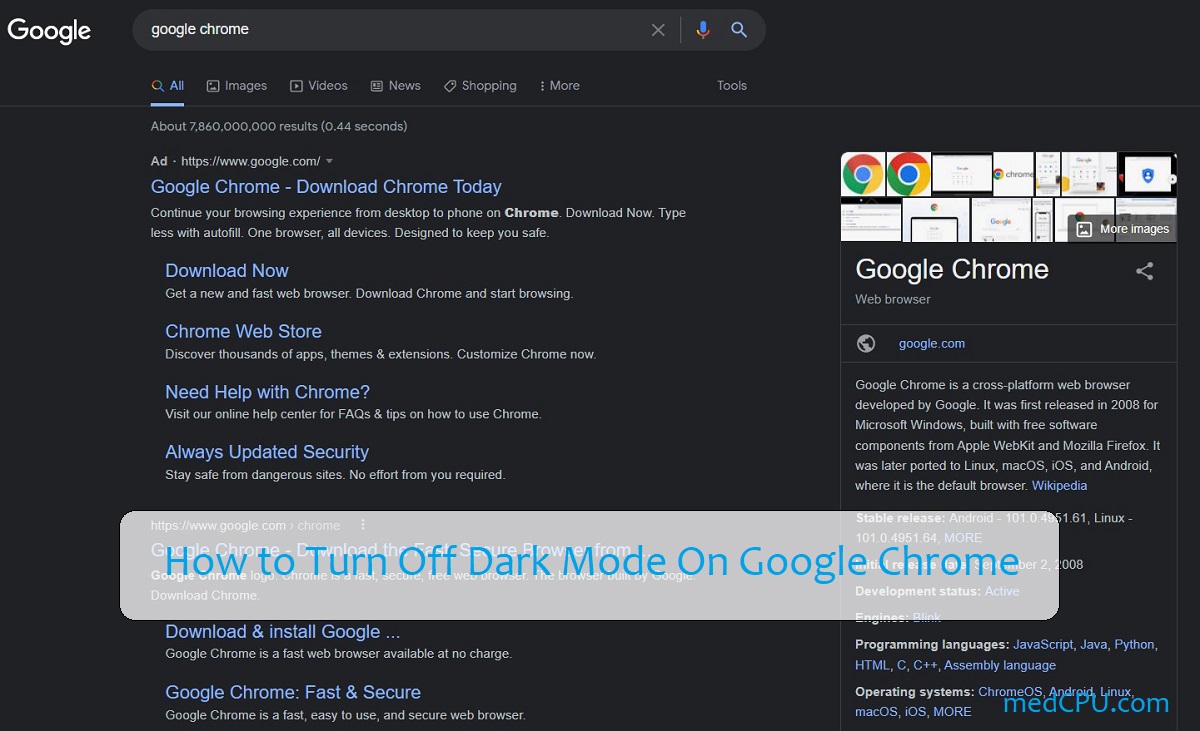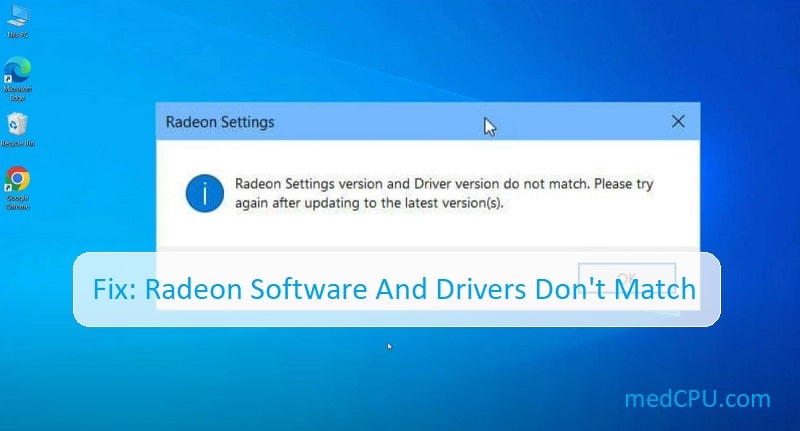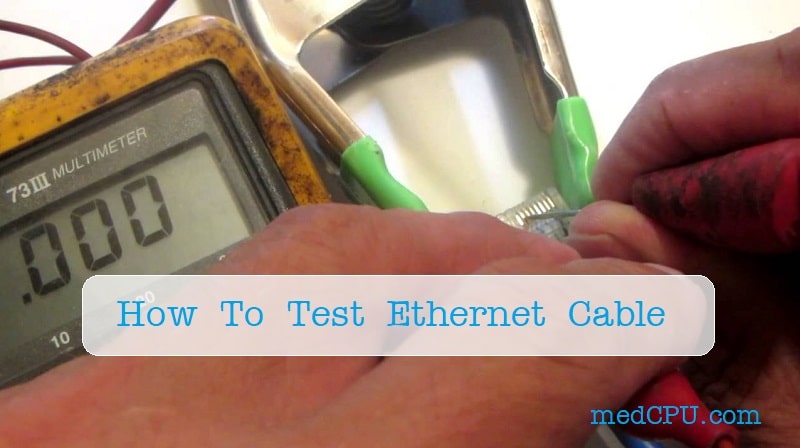SSDs are far quicker than hard drives, so why not choose for workstations that come pre-installed with SSDs? After all, who wouldn’t want to be the proud owner of a computer that boots in 4-5 seconds and is capable of handling many tasks without lagging?
The SSD and HDD drives, on the other hand, are two extremely basic hard disks that have been used in almost every laptop throughout the years. Users, on the other hand, have been going insane trying to decide whether one is better than the other. We’ve put up this SSD vs HDD comparison guide to assist you in determining which is best for you! Of course, SSD is the answer.] [The Inner us: Of course, SSD.]
Don’t be concerned. If you are new to computers or if you do not have both of these storage technologies, you should consider purchasing both. We have taken every effort to ensure that all of your questions are answered by the conclusion of this book, and that you know all you need to know about both SSD and HDD. Not only that, but you’ll be able to choose the one that’s most suited to your computing requirements as well as your budget! (Well, I’m pretty sure it’ll be an SSD, so there’s that.)

What is a Solid State Drive (SSD)?
A solid-state drive, or SSD, is a modern storage device that stores data using integrated circuit assemblies (music, video, files, documents, etc.) It also makes use of flash memory and is often seen in laptops as supplementary storage. Almost every current laptop now has a solid-state drive (SSD).
SanDisk was the first company to develop a solid-state drive (SSD) as a speedier alternative to hard disk drives (HDDs) decades ago. They don’t have spinning disks or moveable read-write heads, unlike hard disk drives. Physical shocks are not a problem, and they make no noise while in operation.
Furthermore, the total performance of an SSD drive is determined by the amount of NAND chips employed in the device.
There are many different kinds of SSDs based on the amount of bits saved in each semiconductor cell. When compared to the less costly Multi-Level Cell (MLC) and Triple Level Cell, the single-level cell, or SLC, is perhaps the most dependable and speedy (TLC). TLC is often utilized for low-performance applications, while MLC is considered a consumer-grade technology.

Pros:
- Shock-resistant and long-lasting.
- It consumes less energy than ordinary hard drives.
- Increases the system’s boot time, resulting in remarkable speed and overall performance.
- Faster reading and writing.
- There is no noise or vibration.
Cons:
- SSDs are costly.
- Storage Space Is Limited
- Data recovery is time-consuming and expensive.
- Life expectancy is decreasing.
What is a Hard Disk Drive or HDD?
When it comes to data storage disk devices, a hard disk drive, often known as an HDD, is a typical disk device that employs magnetic storage to store and retrieve digital information using one or more stiff, quickly spinning disks. Because they are constructed from circular disks, the performance is highly dependent on the speed at which the disk spins. Furthermore, hard disk drives (HDDs) are nonvolatile storage devices. This implies that a user’s data may be retained even after the device has been turned off.
Hard Disk Drives (HDDs) offer far greater storage capacity than any other storage device available in today’s world of computer technology. As of right moment, the greatest unit of data storage available on any HDD is 16TB. Despite the fact that organizations are replacing HDDs with SSDs owing to performance difficulties, the value per dollar that HDDs provide over SSDs is still much higher than it was in the previous generation.
Despite the fact that the HDD’s capacity is made visible to the user, the exact amount of space available is still unclear. The file system and the computer operating system, as well as data recovery and backup files, take up space on the computer’s hard drive (disk space). Even if just a tiny portion of the total storage space is used, there is still ample space.

Pros:
- The product is readily accessible on the market.
- The cost is reasonable and the selection is extensive.
- The amount of storage space available is huge.
- Much more long-lasting than SSD
- The average life expectancy has increased.
- Data recovery has never been easier or more straightforward.
Cons:
- Power consumption is higher than that of an SSD device.
- Because of the spinning, it makes a noise and vibrates.
- The speed and performance are significantly reduced.
- The boot time is sluggish.
Read also: Best Lga 1150 Cpu: Recommended For You
SSD vs HDD: Which is the best option for your system? [Comparison of 5 Aspects]
Having gained a grasp of the fundamental concept underlying both storage devices, it is preferable to examine each component individually in order to determine whether one is superior to the other. There are several such factors, including those related to price, speed, latency, capacity, and life duration, among others.
1. Storage Capacity: Higher Capacity SSDs are Costly.
There is no question that every user is on the lookout for a storage device that has much more capacity than the one they are currently using. In such a situation, it goes without saying that the HDD is the best option. Since HDD has always had a significant advantage in terms of storage capacity over SSD, this is not a concern.
HDDs have storage capacity that vary from a few hundred megabytes to more than 16 terabytes. It is possible that you have been using a hard drive with a capacity of not less than 128GB or as high as 1TB if you have a computer. Even higher-capacity hard disk drives are available for corporate usage. Well, we already know that the data stored on a hard drive is non-volatile, but if the data on the disk becomes damaged, you may lose access to it entirely.
This is why you should avoid purchasing a hard disk with the largest capacity and storing all of your data on that single device. When it comes to Solid State Drives, or SSDs, they have enormous capacity for storing data, although not as big as those of hard drives. It is capable of storing up to a few Terabytes of data, but it is quite expensive. For example, Macbooks are now outfitted with solid-state drives (SSDs), which can store up to 4TB of data and operate at lightning speed.
It is usually advisable to select a laptop that has a mix of SSD and hard drive storage space. Store all of your large apps that need a lot of space on the SSD drive, and all of your other data, such as images and movies on the HDD storage space (if you have one).
2. The Price: SSD is Expensive Compared to HDDs
The cost of these storage devices is the second aspect to consider. It is a major consideration when deciding between two gadgets since it will be determined by your budget and the best deal.
If you’ve paid attention, you’ll note that SSDs are substantially more expensive per GB than HDDs. The bigger the capacity of the SSD device, the more expensive it will be. It differs even when it comes to the different types of SSDs available on the market.
HDDs, on the other side, are significantly less expensive and highly accessible. SSDs are a major factor in increasing the total cost of a laptop when compared to one with simply an HDD device. However, it is entirely dependent on the user and their money. If cost is a major consideration when selecting a gadget, the HDD is the way to go. Alternatively, you may just make a balance and buy both.
Read more: How To Build A Gaming Laptop?
3. Speed: SSD vs HDD
In general, the read/write speed of the disk is the foremost consideration in determining the speed of these devices.
The average SSD speed is 550 megabytes per second (MBps), with 520 MBps for writing.
In both read and write, the average HDD speed is just 125MBps.
This is where the distinction exists. Price and capacity are the most fundamental factors to consider when comparing these two devices, but the essential determinant is their speed and performance. The sole reason customers and businesses favor SSD drives is the tremendous speed they deliver to the system, which boosts overall performance. There are a few areas that need extra attention.
SSDs were created with the primary intention of replacing hard drives and improving overall system performance. It may easily be discovered by looking at the R/W speed. Consider data transmission or copying from a hard disk vs a solid-state drive (SSD). A solid-state drive (SSD) will copy or transfer data three times quicker than a traditional hard disk drive (HDD).
The seek time and latency are the main reasons why hard drives are slower than SSDs. The only way to raise the speed of a hard drive is to reduce the latency, which can only be done by raising the platter rotation rate. In terms of practicalities, it is not impossible to accomplish, but it is very tough.
In comparison to HDD, SSD is always the superior option if you want higher performance and speed from your device.

4. LifeSpan: SSD vs HDD
The longevity of these gadgets is one of the most significant factors that you cannot overlook, and it has been raised by a number of users. The issue is, which one will live longer?
SSDs provide a lot more than simply speed and performance. It consumes less energy and extends the battery life of the system. Hard drives, on the other hand, are made up of moving components that wear out far faster than SSDs. If you drop your laptop, the HDD might be easily damaged.
Despite the fact that the SSD storage device is physically shockproof and does not sustain any damage, there is an equal probability of data loss in other situations. It is a ridiculous fallacy that SSD devices are fully indestructible. It all depends on how you want to use it.
Because a hard drive works on the idea of spinning disks, which may wear out over time, the more data you put on it, the faster it will wear out. To be on the safe side, several businesses currently issue a 5-6 year guarantee on these gadgets.
Read more: How Much Ram For Gaming? A Complete Guide
5. Data Loss and Recovery: SSD vs HDD
You may be familiar with this problem if you have experienced data loss due to damaged Hard Drives on several occasions.
Data loss is a relatively widespread problem with HDDs, and it affects people all over the globe. It may happen for a variety of causes, including physical damage, a damaged disk, or a variety of other factors. Data recovery is more simpler and easier on HDDs than on SSDs since they are non-volatile storage media. The procedure is straightforward, and data may be recovered even if the power is turned off.
People mistakenly assume that since there are no moving elements in an SSD storage device, they would not lose data. Data loss in an SSD is caused by various mechanical issues such as firmware corruption, electrical damage, or controller failure. Data recovery is a time-consuming and expensive operation in this case. There is no going back once a gadget is damaged, and your data is gone permanently.
The more data you write on flash memory, the quicker it wears out. As a result, it isn’t indestructible, and the complexity of the algorithms utilized in SSD construction makes the data recovery procedure a little more difficult overall.
Conclusion
For greater performance and speed, you should pick SSD over HDD. Hard Drives are always the best choice in terms of capacity and pricing. If the goal is to sacrifice quality for a lower price, there is no need to ask any more questions.
To maintain a balance, we suggest using a better blend of both SSD and HDD storage devices in your system. In terms of capacity, you may choose between a decent Hard Drive and speed, or a modest SSD. As technology advances, so does the need for improved storage systems capable of storing large amounts of data.
There is no question that data has become a company’s most valuable asset, and in order to store it, more secure and durable technology, such as SSD and HDD devices, is required. Multiple HDDs with a large capacity load have been used by businesses. Given the data load on them, they seem to wear out in a short period of time.
SSDs will soon have much more capacity than we now have, and will be far more valuable than standard HDDs. Now that you know which is the best option, how much storage do you require? This article for medCPU will help you understand what’s going on.

Eyal Ephrat serves as the co-founder and CEO of medCPU.com, where technology is making significant strides in the field of medicine. Through his experience in purchasing PC and laptop equipment and various other tech products, Eyal Ephrat contributes valuable insights to medCPU’s mission.





